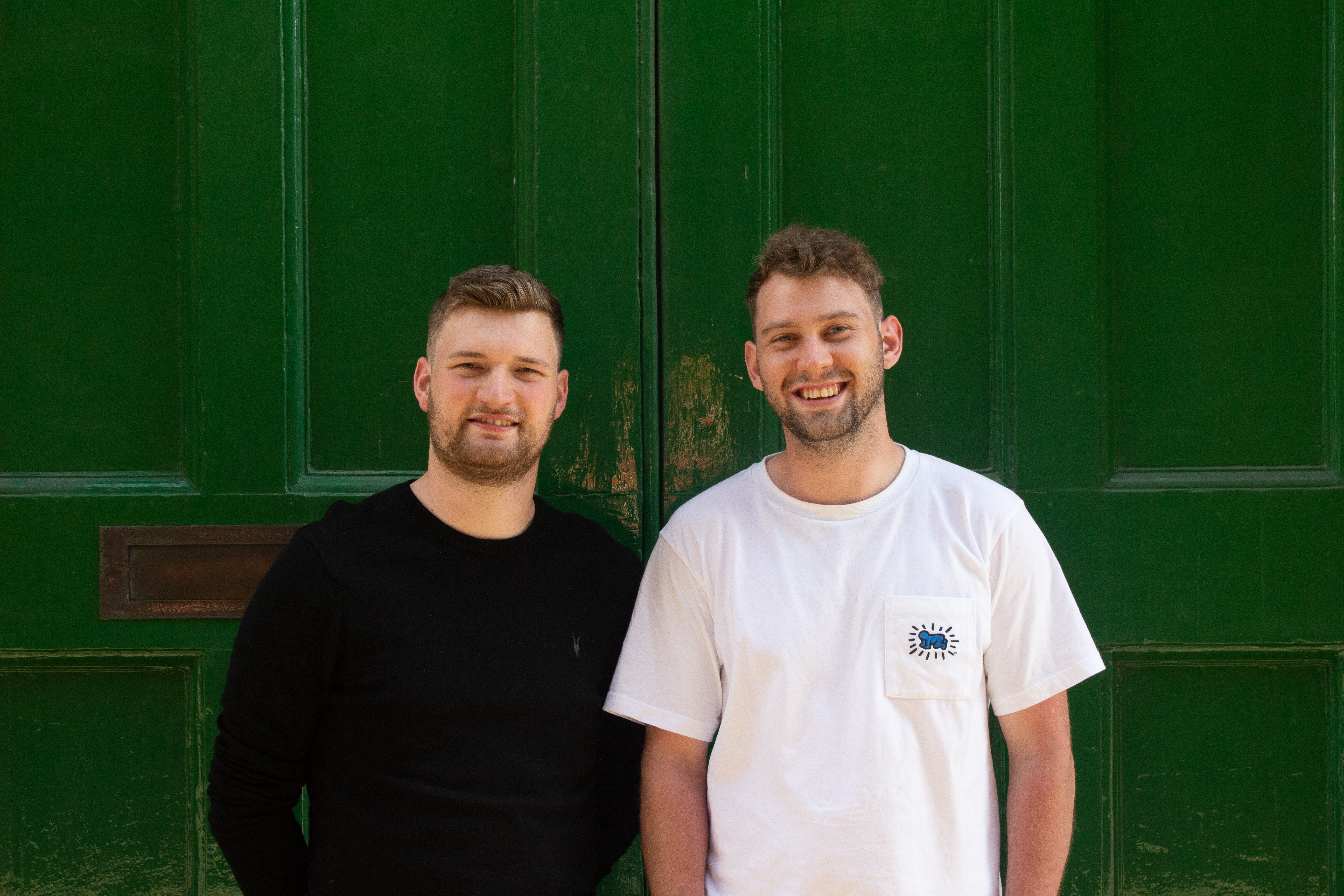madeby.studio was founded by University of Leeds graduates Matt Wheeler and Sam Taylor five years ago.
“Perhaps naively we used to try to do absolutely everything,” Wheeler says. “We took on any project that looked interesting but then six months after starting Covid happened.”
After seeing through the pandemic, Wheeler and Taylor decided to pivot the company. “We sat down and asked ourselves ‘What’s our purpose as a company?’,” Wheeler says. “And that led us down the sustainability route – ‘Tech for Good’ is our motto, we want to be producing websites and applications for the right reasons.”

In the course of their work, the duo discovered that digital technology contributes 3.6% of global greenhouse gas emissions, compared to the 2.4% from the aviation industry. This revelation spurred them on to take action.
“We’re regularly told we need to fly less, but no one tells us to optimise our websites,” Wheeler says. “There’s a common misconception that because websites are hosted in ‘the cloud’, which sounds lovely and friendly, they have no impact.”
“But at the core of cloud infrastructure are bare metal servers and data centres using huge amounts of power. These are constantly expanding to store data we never touch. The goal of a sustainable website is to use the resources available more efficiently.”
Alongside actions such as transferring websites to renewable energy hosting infrastructure, so they can be supplied by solar, wind and hydro power, Wheeler says there are simple changes companies can make to the design of their websites which will reduce their environmental impact.
“You need to make sure your images are in next-generation file formats, that they are optimised to a certain file size,” Wheeler says.
“A lot of websites also dump all the code for the whole application on every single page, meaning you are loading hundreds of features that aren’t even used. We split a lot of that code off which optimises the power consumption of the whole website.”
“Video is another example – it can be a really powerful engagement tool but is often overused and setting them to autoplay is a huge consumer of power.”
Wheeler says that building sustainable websites is more cost effective for their clients in the long term.
“If you’re reducing the amount of power on a website application that’s going to reduce the cost of infrastructure such as servers. But also, managing and maintaining the website application becomes easier because you’re carefully considering the features you have. So for an agency like us, to make changes is going to be quicker and easier.
“Whereas some websites which are built as fast as possible and don’t care about resource usage, get stuck in a hole because there’s so much unnecessary code. It takes longer to start making those changes and ultimately, you have to rebuild at that point.”
Wheeler is proud of the progress madeby.studio have made in the past year. One of their recent websites is “cleaner than 89% of websites globally” and proves you can have “an image-focused website built sustainably”.
Off the back of their work Wheeler and Taylor have also launched GreenTech Gathering, a regular meetup of individuals and technology businesses who are interested in making a difference environmentally. The most recent gathering sold out weeks before the event, showing the growth of the sector.
“The goal of GreenTech Gathering is to get people that care about the planet in one room to start sharing knowledge so they can understand what each other is doing. This idea spiralled and it’s grown to 600+ people in less than a year. It’s just a nice group of people that all care about the same thing.”
You can sign up for Green Tech Gathering at www.greentechgathering.co.uk